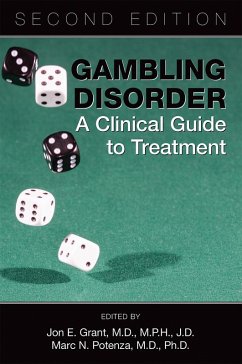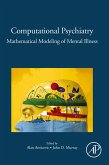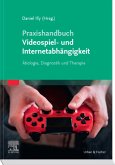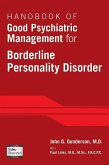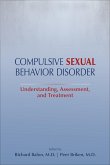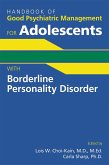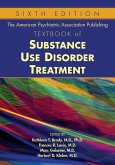Gambling Disorder: A Clinical Guide to Treatment is a systematic, eloquent, and exhaustive examination of the etiology, psychopathology, neurobiology, and treatment of the disorder, which was reclassified for DSM-5. Building on its 2004 predecessor, Pathological Gambling, which was groundbreaking for its era, the second edition has been thoroughly restructured and is designed to prepare clinicians to diagnose, treat, and-most important of all-understand their patients with the disorder. More common than previously supposed, gambling disorder is associated with decreased self-esteem, comorbid substance use disorders, financial and legal difficulties, relationship and family stress, and suicidality. Yet, many clinicians are unaware of the personal and social consequences of this disorder, as well as its implications for public health. Accordingly, the book provides a detailed look at the effects of gambling on societal, familial, and individual health and well-being and prepares clinicians to accurately assess their patients and provide effective treatments. As befits a field that has been the recent focus of so much innovative and promising research, the new edition boasts a fresh roster of contributors, each of whom bring special insight to their areas of expertise.
Noteworthy topics include: . Currently available screening and assessment instruments for diagnosing gambling disorder and monitoring symptom change are discussed in-depth, including psychometric properties, norms, administration methods, and scoring and interpretation of each instrument. . Online gambling and gambling-gaming convergence is considered in a new chapter, which explores the complex interplay between gambling and technology. Highlighted issues include the growth of interactive platforms, role of new player experiences and reward structures, tailoring of products to individuals, and integration into other online activities, such as gaming and social media.. Gender differences in epidemiology, phenomenology, psychiatric comorbidity, and biology have been identified among patients with gambling disorder, with important treatment implications. Similarly, older adults and young people can exhibit significant differences in behavior. These are explored in separate, clinically rich, chapters.. The always evolving field of gambling and criminal/legal issues is explored in a chapter on forensic issues in gambling, which examines the relationship of gambling disorder to antisocial personality disorder and domestic abuse, and looks at the interface between gambling and the legal system.. Tremendous advances in the treatment of gambling disorder have been made since the last edition, and these are reflected in comprehensive chapters on psychosocial and pharmacological treatments.
Full of expert clinical knowledge and cutting-edge research, Gambling Disorder: A Clinical Guide to Treatment is the clinician's comprehensive guide to helping patients with gambling disorder find relief from this disabling disorder.
Noteworthy topics include: . Currently available screening and assessment instruments for diagnosing gambling disorder and monitoring symptom change are discussed in-depth, including psychometric properties, norms, administration methods, and scoring and interpretation of each instrument. . Online gambling and gambling-gaming convergence is considered in a new chapter, which explores the complex interplay between gambling and technology. Highlighted issues include the growth of interactive platforms, role of new player experiences and reward structures, tailoring of products to individuals, and integration into other online activities, such as gaming and social media.. Gender differences in epidemiology, phenomenology, psychiatric comorbidity, and biology have been identified among patients with gambling disorder, with important treatment implications. Similarly, older adults and young people can exhibit significant differences in behavior. These are explored in separate, clinically rich, chapters.. The always evolving field of gambling and criminal/legal issues is explored in a chapter on forensic issues in gambling, which examines the relationship of gambling disorder to antisocial personality disorder and domestic abuse, and looks at the interface between gambling and the legal system.. Tremendous advances in the treatment of gambling disorder have been made since the last edition, and these are reflected in comprehensive chapters on psychosocial and pharmacological treatments.
Full of expert clinical knowledge and cutting-edge research, Gambling Disorder: A Clinical Guide to Treatment is the clinician's comprehensive guide to helping patients with gambling disorder find relief from this disabling disorder.
Dieser Download kann aus rechtlichen Gründen nur mit Rechnungsadresse in A, D ausgeliefert werden.

